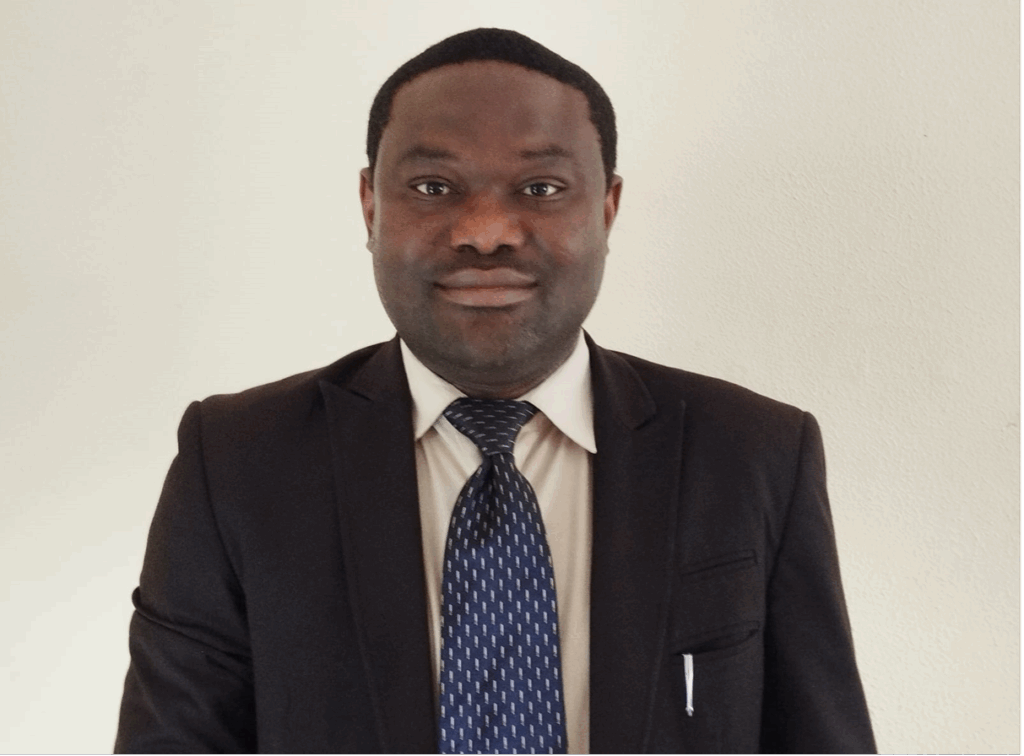Abstract
In an era where artificial intelligence (AI) increasingly shapes public policy, governance, and civic life, civic education must evolve to equip learners with both data literacy and an understanding of interpretable AI systems. This talk explores how the integration of interpretable AI and data literacy into civic education can empower students, citizens, and future leaders to engage critically with algorithmic decision-making, advocate for transparency, and participate meaningfully in democratic processes. Using real-world datasets, including the Boston Housing dataset (to explore socio-economic disparities and fairness in housing predictions), the Titanic dataset with imputed missing values (to teach transparent survival prediction and bias mitigation), and voter turnout data (to model and explain civic participation), this talk highlights how interpretable AI tools such as decision trees, support vector machines, logistic regression, and SHAP values can be used to teach both technical rigor and civic responsibility. These models offer not only accurate predictions but also explainable insights, making them ideal for classroom and community learning. Participants will gain strategies for fostering critical reflection on fairness, bias, and transparency in predictive systems that impact citizens’ lives. The session also demonstrates how interpretable machine learning can support data storytelling, ethical debate, and democratic engagement, equipping learners to question not just what AI predicts, but why it predicts it, and for whom. By fostering a culture of transparency, responsibility, and critical engagement with data, this educational approach advances both civic empowerment and the responsible use of AI in society through the power of interpretable classification and regression models (ICARM).
Olushina Olawale Awe

Miva University, Nigeria, and currently PH Ludwigsburg University of Education, Germany
Prof. Dr. Olushina Olawale Awe is an astute statistician, educator, and research leader with nearly 20 years of interdisciplinary academic experience across Africa, the Americas, and Europe. He has authored more than 100 scholarly publications in machine learning, statistical education, and civic data science. He currently serves as vice president of the International Association for Statistical Education (IASE) and the LISA 2020 Global Network, where he leads efforts to promote data literacy in low- and middle-income countries. Dr. Awe is also an elected council member of the International Statistical Institute (ISI). A passionate advocate for democratizing data, Dr. Awe has led capacity-building initiatives, supervised numerous graduate theses, and co-edited multiple books, including Sustainable Statistical and Data Science Practices (Springer, 2024) and Promoting Statistical Practice and Collaboration in Developing Countries (Taylor and Francis, 2021). He has delivered keynote addresses and invited talks on explainable AI, statistical modeling, wavelet-based predictive modeling, and data ethics at prestigious forums across five continents. His work integrates rigorous quantitative methodology with a commitment to social impact, particularly in the fields of health analytics, climate science, and education reform. As a recipient of multiple international research awards, including fellowships from FAPESP (Brazil) and the Alexander von Humboldt Foundation (AvH, Germany), Awe continues to bridge global statistical practice with context-specific civic engagement. He is a Distinguished Professor of Data Science at Miva University, Nigeria, and currently a visiting AvH Professor of Statistics and Data Science at the PH Ludwigsburg University of Education in Germany.

